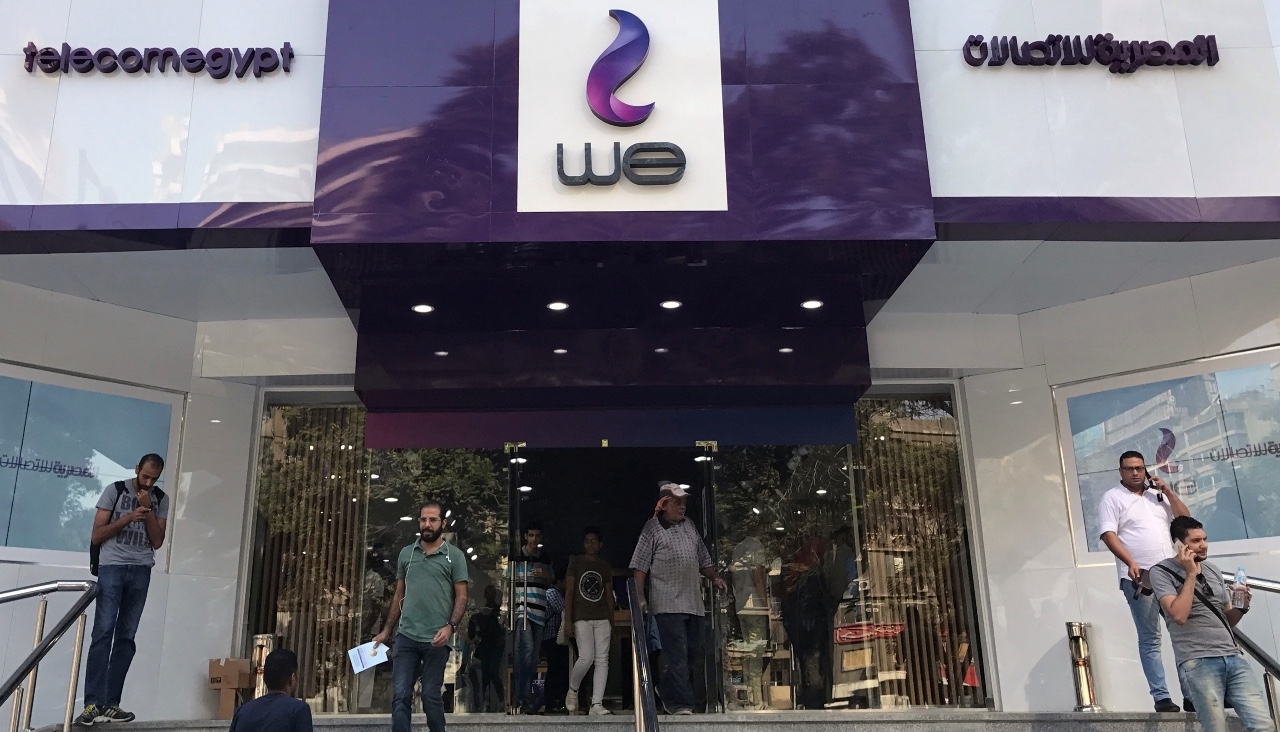Egypt's cash-strapped government shelfs anticipated sale of state Telecom giant

Egypt has suspended the sale of a stake in state-controlled Telecom Egypt due to "market conditions", Reuters reported on Wednesday.
Egypt’s cash-strapped government had planned to offer 10 percent stake in the state-controlled Telecom giant that employs about 53,000 people.
Egypt is facing a foreign currency crunch that has led to a shortage of basic goods and record inflation. Cairo was forced to turn to the IMF last year for its fourth loan from the lender in six years.
As part of its $3bn bailout, the government is supposed to open up the books of state-owned enterprises (SOEs), move forward with privatisation, and allow its currency to float freely.
Last month, Egypt announced a plan to sell stakes in at least 32 state-owned companies by the end of March 2024. Telecom Egypt was not listed among them, but the decision, reported by Bloomberg and other outlets earlier this month, reflected a need for Cairo to raise hard currency. The company is 80 percent government-owned.
The company has a long history. Built by the British Eastern Telegraph Company in 1854, it was responsible for the first telegraph line in Egypt, running between Cairo and Alexandria. The Egyptian government purchased the company in the late 19th century.
'Egypt's privileged military'
Egypt’s government has traditionally played an outsized role in the country’s economy.
President Abdel Fattah el-Sisi, a one-time general who rose to power after the overthrow of former President Mohamed Morsi, doubled down on a state economic model, catapulting the army into a dominant position.
Today, Egypt’s military controls everything from cement factories to grocery stores and malls. Analysts who spoke to Middle East Eye previously said they are skeptical that Sisi will loosen the military’s coveted position.
“Wholesale reform threatens the privileged position of the military in the economy - making such reforms unlikely," Hamish Kinnear, from risk advisory firm Verisk Maplecroft, told MEE.
But Gulf states who have historically provided an economic lifeline to Egypt have indicated that their support will be contingent on reforms, as they pivot away from blanket aid to investments.
Gulf states are eyeing new acquisitions. The Qatar Investment Authority (QIA) has joined Saudi Arabia’s Public Investment Fund in looking to purchase a stake in Vodafone Egypt, which is 45 percent owned by Telecom Egypt.
Together with the UAE and Qatar, Saudi Arabia has pledged billions of dollars to Egypt's economy. The IMF has called the Gulf states’ support “a critical part” of its $3bn bailout programme.
“[Saudi Arabia is] providing a lot of support to Egypt and we’ll continue to - not directly through just grants and deposits, but also through investments,” Saudi Arabia’s finance minister, Mohammed al-Jadaan, said in January.
Middle East Eye delivers independent and unrivalled coverage and analysis of the Middle East, North Africa and beyond. To learn more about republishing this content and the associated fees, please fill out this form. More about MEE can be found here.






